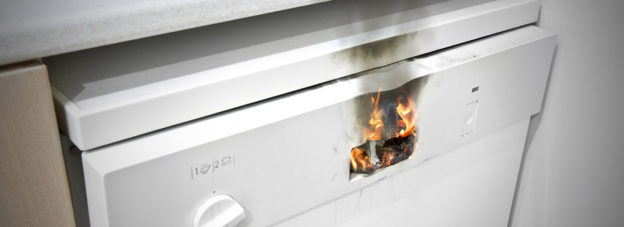In Am. Nat’l Prop. & Cas. Co. v. Broan-Nutone, No. 5:18-CV-5250, 2020 U.S. Dist. LEXIS 203267 (W.D. Ark.), a subrogating carrier filed a product liability lawsuit alleging that a defective bathroom fan caught fire and caused property damage. Prior to trial, the defendants/manufacturers filed motions to: (i) prevent the plaintiff’s experts from testifying for allegedly spoliating evidence; and (ii) prevent the admission of the fire marshal’s report as hearsay and/or as prejudicial, confusing and/or misleading. The court denied the defendants motions, thereby allowing all of the evidence to be presented by the subrogating carrier at trial. Continue reading


